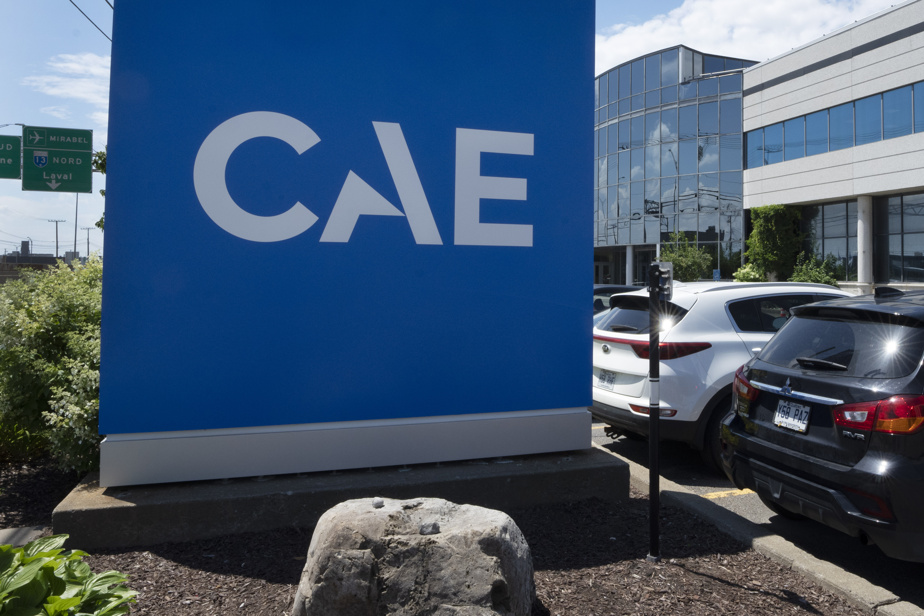CAE is still caught up in the setbacks of its military division. A legal action accuses the flight simulator and training specialist of having deceived investors by minimizing the extent of the setbacks that have undermined this sector.
Result: “several thousand people” acquired shares of the Quebec multinational at an “artificially inflated” price, alleges the class action request filed with the Superior Court of Quebec.
“Defendants breached their duty to act with the care, diligence and skill that a prudent person would exercise in similar circumstances,” the motion reads.
These allegations have not yet been proven in court. The Superior Court will have to decide whether or not it agrees to hear the appeal filed on behalf of shareholder Nicole Audet and other investors who purchased CAE securities between August 10, 2022 and May 21.
We are seeking damages which have not yet been quantified.
The company, established in the Montreal borough of Saint-Laurent, had an unpleasant surprise in store for investors on May 21, when it announced that persistent problems in its military division were forcing it to record charges that were close to 700 million.
CAE blamed its woes primarily on eight former fixed-price contracts in its military division. These agreements had been signed before the COVID-19 pandemic and their margins – which were not indexed – would have been eaten away by the inflationary context.
The company’s defense and security division – which is expected to represent around 43% of its total turnover – specializes in training and education for air forces (fighter jets), naval and land.
In the civil sector, CAE builds flight simulators and carries out pilot training.
According to the complainant, there was no indication of a significant financial deterioration in the military division when the first problems were mentioned on August 10, 2022, when the company’s quarterly results were published.
At the time, two military contracts forced CAE to record charges of 30 million. In a conference call with analysts, its president and CEO, Marc Parent, suggests that this is an isolated event, we recall.
“I am convinced that there are no other negative surprises like this in our order book,” Mr. Parent emphasized to analysts, according to the extract from the transcript which appears in the appeal.
In the following months, CAE management continued to affirm that the military division delivered performance that met expectations, underlines the request.
“The defendants assure that the issues that plague these two contracts are anecdotal and that there will be no other “surprises” of the same type,” we write.
However, last February, the multinational revealed the “disproportionate” impact of eight old contracts in this sector, adds the complainant. In his opinion, investors were misled by the statements of CAE and its senior management.
The flight simulator manufacturer and training specialist is of the opinion that the appeal is “unfounded”, affirms its spokesperson, Samantha Golinski, adding that the latter intends to defend itself “vigorously”.
“CAE’s public documents and statements are truthful and do not contain any false or misleading information,” says Ms. Golinski.
As of Wednesday afternoon on the Toronto Stock Exchange, CAE stock was trading at $25.55, up 53 cents, or 2.12 per cent. Since the start of the year, the stock is down about 10%.




